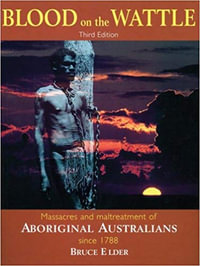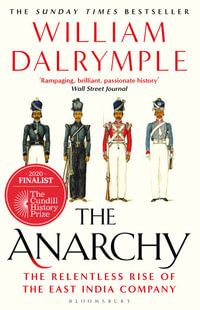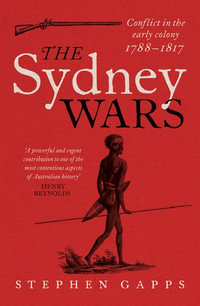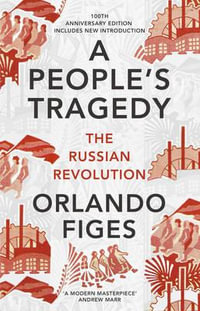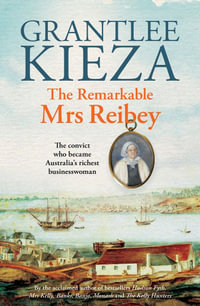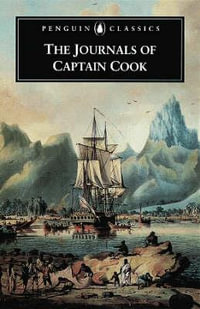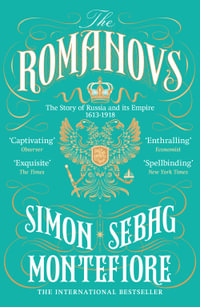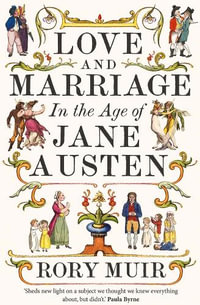Nineteenth-century European thought, especially in Germany, was increasingly dominated by a new historicist impulse to situate every event, person, or text in its particular context. At odds with the transcendent claims of philosophy and--more significantly--theology, historicism came to be attacked by its critics for reducing human experience to a series of disconnected moments, each of which was the product of decidedly mundane, rather than sacred, origins. By the late nineteenth century and into the Weimar period, historicism was seen by many as a grinding force that corroded social values and was emblematic of modern society's gravest ills. Resisting History examines the backlash against historicism, focusing on four major Jewish thinkers. David Myers situates these thinkers in proximity to leading Protestant thinkers of the time, but argues that German Jews and Christians shared a complex cultural and discursive world best understood in terms of exchange and adaptation rather than influence.
After examining the growing dominance of the new historicist thinking in the nineteenth century, the book analyzes the critical responses of Hermann Cohen, Franz Rosenzweig, Leo Strauss, and Isaac Breuer. For this fascinating and diverse quartet of thinkers, historicism posed a stark challenge to the ongoing vitality of Judaism in the modern world. And yet, as they set out to dilute or eliminate its destructive tendencies, these thinkers often made recourse to the very tools and methods of historicism. In doing so, they demonstrated the utter inescapability of historicism in modern culture, whether approached from a Christian or Jewish perspective.
Industry Reviews
"David N. Myer's sparkling new book studies what happened to Jewish thought when, in modern times, history left behind its earlier, sacred incarnations and became a subject of secular investigation by critical scholars... Two innovations in Myer's book are especially noteworthy. First, Myers integrates the study of Jewish trends with the examination of corresponding Christian developments, since they were often contemporaneous... Second, Myers is especially interested in the ways in which his protagonists reacted to the project of Jewish history... Not the least of the accomplishments of Myer's outstanding work of history is that, intentionally or not, it raises the question of whether history is up to the acknowledgement of its own limitations."--Samuel Moyn, The Forward "As David Myers maintains in his fine new book, nowhere was the challenge of secular history more keenly felt than among the Jews of Germany. One virtue of Myer's book is that he places his subject within the wider 'crisis of historicism' that shaped nineteenth- and early twentieth-century German thinking about every aspect of social life, from politics to religion and the arts."--Mark Lilla, The New Republic "Resisting History is a major contribution to the study of Jewish thought. Myers' research is impeccable and he articulates his insightful theses convincingly. This monograph will appeal to scholars and general audiences alike."--Jewish Book World "If the Christian confrontation with historicism is well documented, much less is known about that of Judaism. For this reason alone, David Myers' recent book represents an important contribution to contemporary understanding; his work should elicit interest from students of Jewish, Christian, German, and modern thought alike."--Thomas Albert Howard, Books & Culture "No brief review like this can convey the quality of this book. Its richness of detail in integrating German and German-Jewish responses to the rise of historicism in the wake of the Enlightenment; its objective yet compassionate handling of the particular contributions Hermann Cohen, Franz Rosenzweig, Leo Strauss, and Isaac Breuer made to arrest historicism's 'double-barreled assault on transcendent values'; the correspondences and differences in their thinking and the impact of their writings on modern Judaism: these and many other qualities make this book memorable."--Ute Stargardt, Shofar "This is a fine study of a group of early-twentieth-century German-Jewish thinkers who have generally received too little attention. Their mainly skeptical attitude toward Zionism presages later intellectual and political quandaries. And their appreciation for the theologically and morally destructive implications of historicism is in many ways equally prescient."--Susan Meld Shell, Hebraic Political Studies



